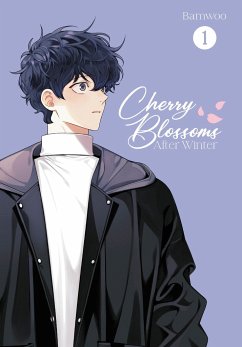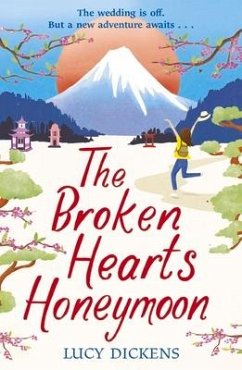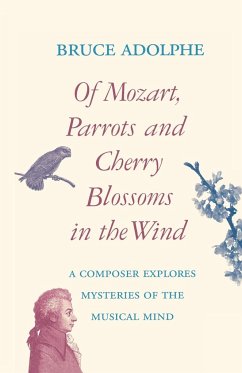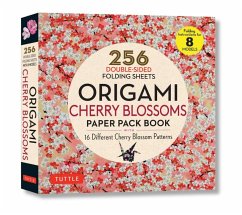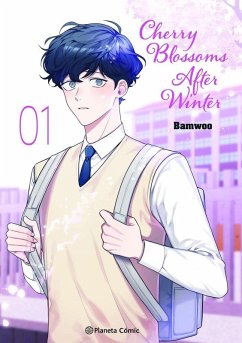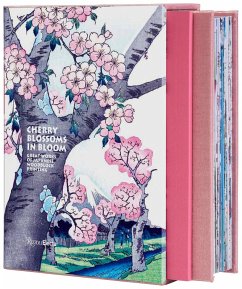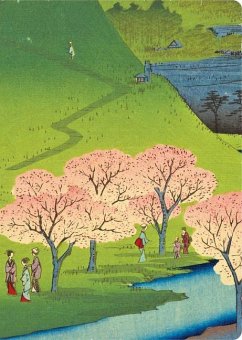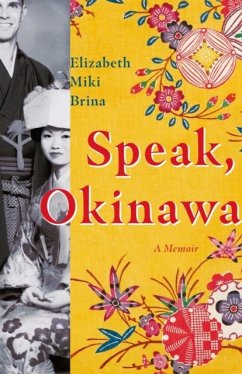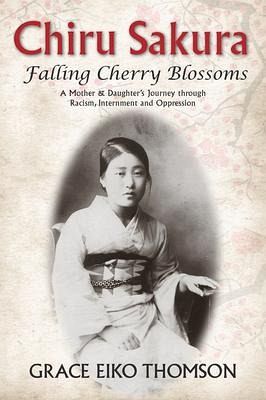
Chiru Sakura: Falling Cherry Blossoms
A Mother & Daughter's Journey Through Racism, Internment and Oppression
Versandkostenfrei!
Versandfertig in 2-4 Wochen
18,99 €
inkl. MwSt.

PAYBACK Punkte
9 °P sammeln!
At eight years old, Grace Eiko Nishikihama was forcibly removed from her Vancouver home and interned with her parents and siblings in the BC Interior. Chiru Sakura--Falling Cherry Blossoms is a moving and politically outspoken memoir written by Grace, now a grandmother, with passages from a journal kept by her late mother, Sawae Nishikihama. An educated woman, Sawae married a naturalized Canadian man and immigrated to Canada in 1930. They came with great hopes and dreams of what Canada could offer them. However, within just a little more than a decade after settling happily in Paueru Gai (Powe...
At eight years old, Grace Eiko Nishikihama was forcibly removed from her Vancouver home and interned with her parents and siblings in the BC Interior. Chiru Sakura--Falling Cherry Blossoms is a moving and politically outspoken memoir written by Grace, now a grandmother, with passages from a journal kept by her late mother, Sawae Nishikihama. An educated woman, Sawae married a naturalized Canadian man and immigrated to Canada in 1930. They came with great hopes and dreams of what Canada could offer them. However, within just a little more than a decade after settling happily in Paueru Gai (Powell Street) area, her dreams, and those of her husband's, were completely shattered. It was 1942 and more than 22,000 Japanese Canadians on the West Coast were interned and had their belongings, property and homes confiscated, and then sold off by the Government of Canada. After the war ended, restrictions on Japanese Canadians' movement continued for another four years and the Government ordered anyone of Japanese ancestry to move "east of the Rockies," or be deported to Japan. There was nothing on the West Coast to return to, so the Nishikihama family moved first to rural Manitoba and, when government restrictions were lifted, later to Winnipeg. At eighty-four years of age, Sawae began writing her memories for her children, ensuring they would know their family's story. While translating her mother's journal, Grace began to add her own experiences alongside her mother's, exploring how generational trauma can endure, and how differently she and her mother interpreted those years of struggle. Despite her years spent studying art and working as a gallery director and curator, translating her mother's writings, and her country's perceived efforts to simply move on from a dark period in Canada's history, Grace continues to seek an understanding of her past, while facing both sexism and racism. As an advocate for reconciliation, she openly shares her story with the next generations; throughout, Grace returns to her mother's teachings of hope and resilience symbolized in the cherry blossoms around what was once their home.



